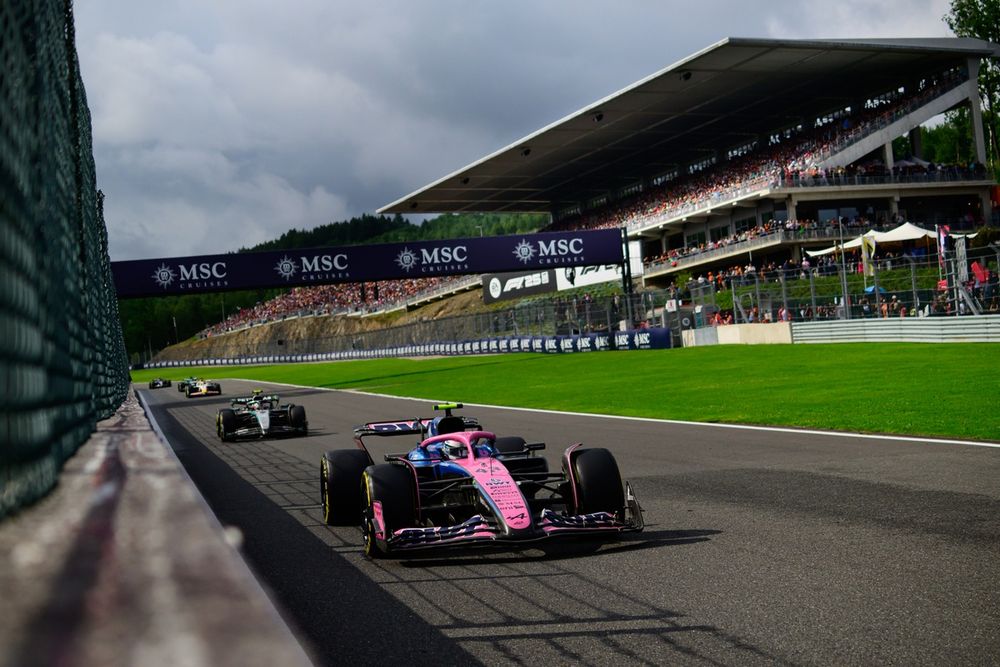TPC testing – private tests using at least two-year-old cars – has become an increasingly important part of a Formula 1 team’s operation.
These sessions are typically used to develop juniors, although McLaren raised eyebrows last year by running an intensive programme with its current drivers. Red Bull let Max Verstappen test a two-year-old car in Imola as well to get a clearer development path. It prompted the inclusion of a new rule in the FIA’s sporting regulations, capping seasonal TPC mileage at 1,000 kilometres for current F1 drivers.
More changes are coming for 2026; this time related to the supply of power units. Half of the grid will switch engine partners for F1’s new technical era: Sauber (to become Audi) will move from Ferrari to its in-house engine, Aston Martin from Mercedes to Honda, Alpine from its own engine to Mercedes, and Red Bull, plus Racing Bulls, will run a brand-new power unit that is developed and built in Milton Keynes.
It raises the issue of how these teams can continue their TPC programmes with older cars, which are still powered by the current engine partners. After several discussions, Autosport has learned that a solution has now been reached. The FIA has mandated that across the next two F1 campaigns, power unit suppliers with expiring contracts must still make current engines available to their former customer teams.

Franco Colapinto, Alpine
Photo by: Erik Junius
The governing body has enforced a two-year supply obligation, but has not set any cost limits. Since TPC testing is not part of the budget cap, suppliers will be free to set the prices themselves. According to paddock sources during the Belgian Grand Prix weekend, one major PU supplier has already informed its customers that the prices will double compared to the current costs.
It will make TPC testing significantly more expensive in 2026, although that shouldn’t be a problem for most teams involved. As TPC running falls outside the budget cap, the additional spendings won’t come at the expense of a team’s development budget.
“I don’t think it will be a problem,” said one team insider. “Any expense not included in the budget cap doesn’t seem to be an area where F1 teams are looking to save money nowadays.”
Ferrari, if requested, will therefore be required to provide engines to Audi, Mercedes to Aston Martin, and Honda to Red Bull and Racing Bulls.
Alpine will have a simpler task, as it can still use its own power units — unless the Viry-Châtillon facility decides to fully shut down the department responsible for maintaining the current F1 engines.
In this article
Be the first to know and subscribe for real-time news email updates on these topics

